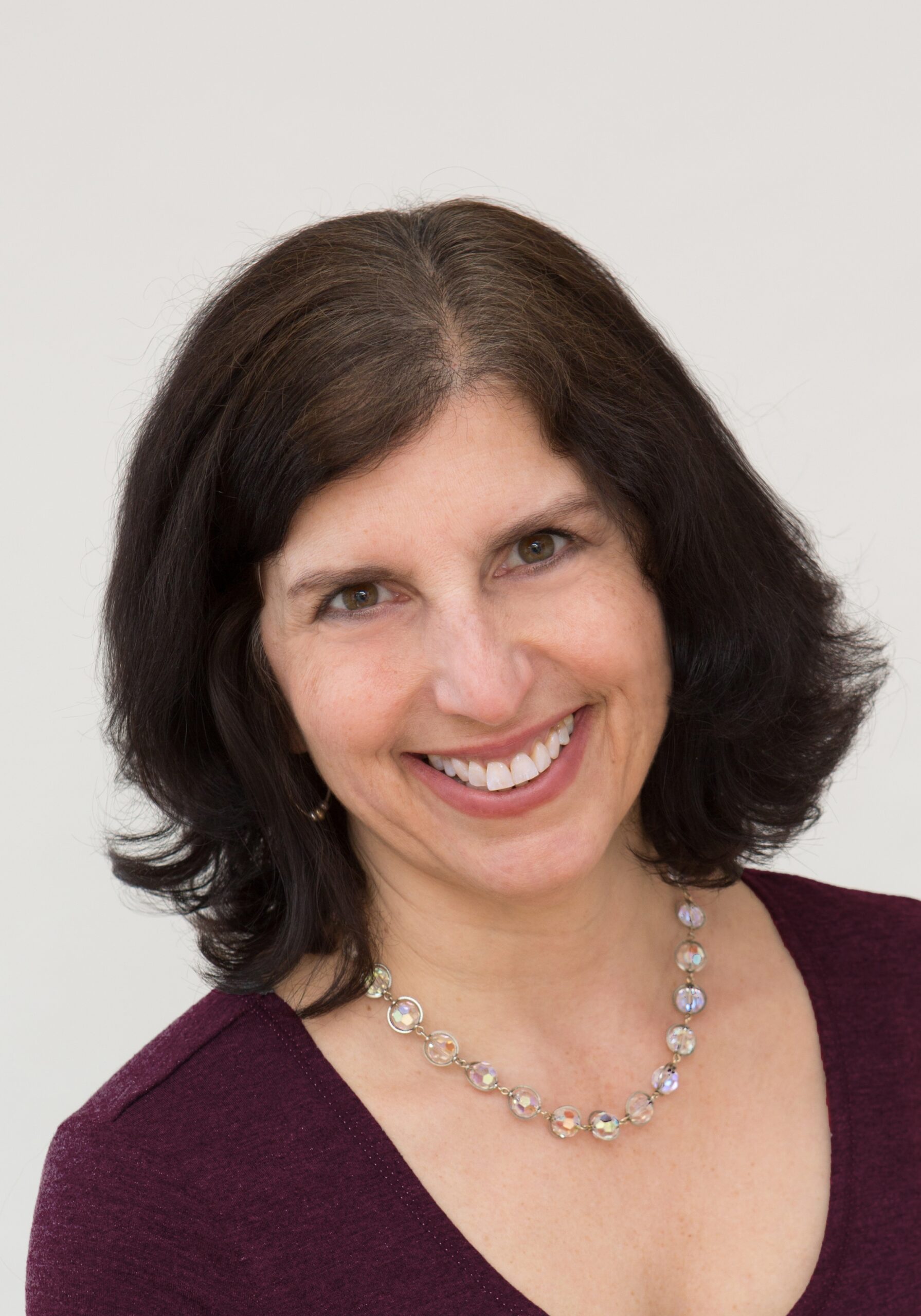When a family receives a genetic diagnosis for their child, their world changes. Parents tell me, “there was ‘the before’, and ‘the after’ the news. “ I believe couples need more than to simply understand the inheritance pattern and the prognosis for their child; they need ongoing support along this journey. Adjusting to the diagnosis takes time and many families may experience the stages of grief. Supportive genetic counseling can help couples as they travel along this road.
One consideration that couples may eventually face is whether or not to have another child. Many of these life-limiting conditions are inherited in an autosomal recessive pattern; couples face a 25% chance of recurrence. Supportive genetic counseling can help couples with decision making. One thing of utmost importance that I want couples to understand is that not wanting to have another affected child does not suggest they do not love their existing child. This could not be further from the truth; however this concept may cause conflicting emotions that need to be addressed.
Some couples want to meet with me for counseling after their diagnosis, some as their child begins to progress through their illness, others after the loss of their child for grief counseling, and still others for counseling regarding whether to have another child. There is no right answer as to whether or not couples should “try again”. I actually dislike that phrase, “try again”. I feel like we try to win a tennis match, or try to paint a better picture, but try again at this game? The words “try again” do not do justice to the enormity of the decision.
When couples are contemplating having another child, we work together to try and evaluate what feels right for them. Couples understand the weight of this decision, they are fearful. They realize they have a responsibility to make the right decision for their family. There is a desire to enlarge their family, compromised by a very real fear. Sometimes, through counseling and self-exploration, the desire eventually outweighs the fear. For some the odds are too great and they chose not to enlarge their family. Some couples may choose to use assisted reproductive technology, others may rely on prenatal diagnosis, and yes, there are those who “leave it up to God.” Each scenario is acceptable; my job is to be present with my couple and support them. In my experience, with thoughtful consideration, reflection and support, couples make the decision that they can look back on and feel comfortable with.
I never want anyone to feel like they are struggling or alone.
Visit Courageous Parents Network’s Genetic Counseling unit to hear much much more.
